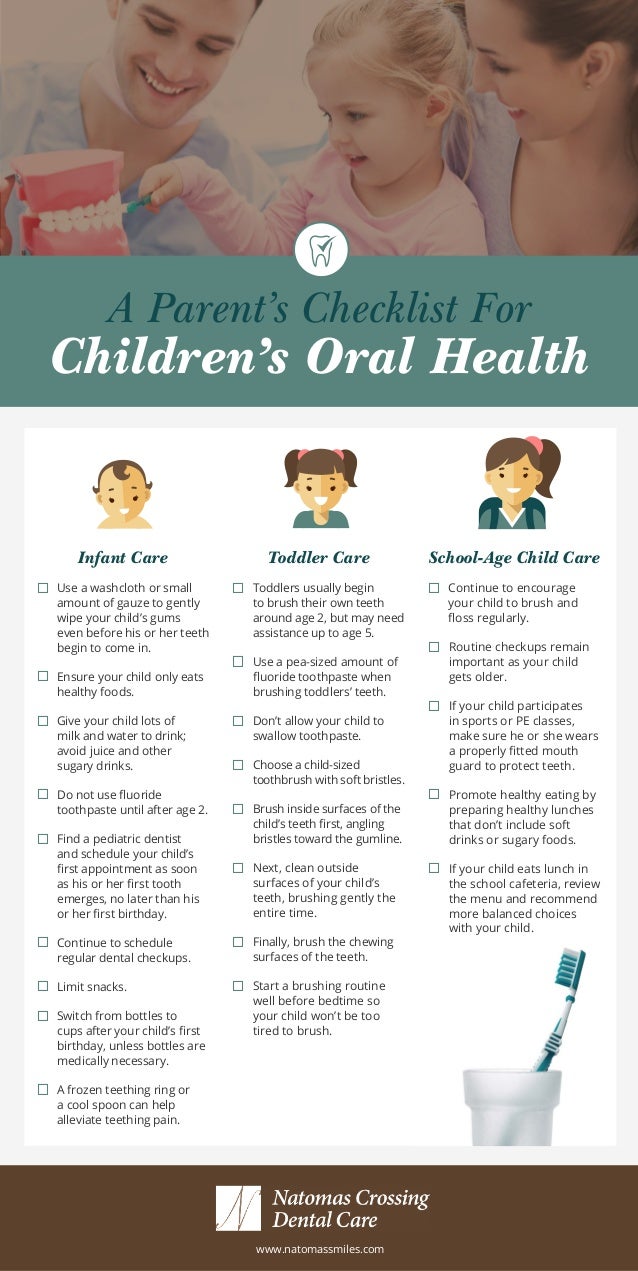Think You’re Too Young for Perimenopause? Think Again
Does any of this sound like you?
Joanne was a vibrant, 30-something year old with a very active lifestyle. She partied with her friends every weekend, spent time with her 2 Labrador Retrievers at home and was a real go-getter at work.
Until she wasn’t.
Not long after her 34th birthday, she started getting headaches. These weren’t major migraines mind you, but they were bad enough to interfere with her work.
Then she started to experience brain fog. She couldn’t count how many times she would walk into a room only to forget why she had gone in there in the first place.
After the brain fog came irritability. The irritability then led to depression and anxiety. And once the anxiety started sleep was almost impossible. Her busy lifestyle of work and friends soon became unsustainable. She didn’t know how much longer she could keep going on in this state.
Desperate, she went to her doctor. He did the normal round of tests but found nothing wrong. The only thing he offered her was a prescription for antidepressants. She took the drugs but experienced very little relief.
Deep down Joanne knew she wasn’t depressed. There was something else going on.
So what was it? What was making Joanne feel so sick?
Joanne was actually perimenopausal.
But wait, isn’t 34 too young for perimenopause? Way, way too young, in fact?
Years ago, 34 would have been considered too young for perimenopause. But sadly it’s becoming more and more common for women in their 30’s, and sometimes even their 20’s, to experience symptoms related to perimenopause.
Why is that?
Because now more than ever, we live in a toxic environment. These toxins have a disastrous effect on how our bodies produce hormones. Xenoestrogens in particular, mimic the estrogen in our bodies and throw off the ratio between our own naturally produced estrogen and progesterone. Our delicate hormone balance gets disrupted as a result.
And that imbalance spells disaster for our health.
When our bodies have an overabundance of estrogen and depleted levels of progesterone due to exposure to toxins and stress it’s called estrogen dominance. And even if your estrogen levels are waning as your approach menopause, you can experience this condition. The term refers to the ratio between estrogen and progesterone. So even if you have low estrogen levels, you could have even lower levels of progesterone.
Simply put, estrogen dominance makes perimenopause a living nightmare. And it could even bring it on much earlier than expected, as was the case with Joanne.
So if you think you are too young for perimenopause, think again.
But never fear. Estrogen dominance is both reversible and avoidable. With the right diet and lifestyle changes, you can balance your hormone levels and start feeling well again.
